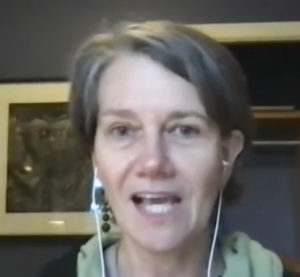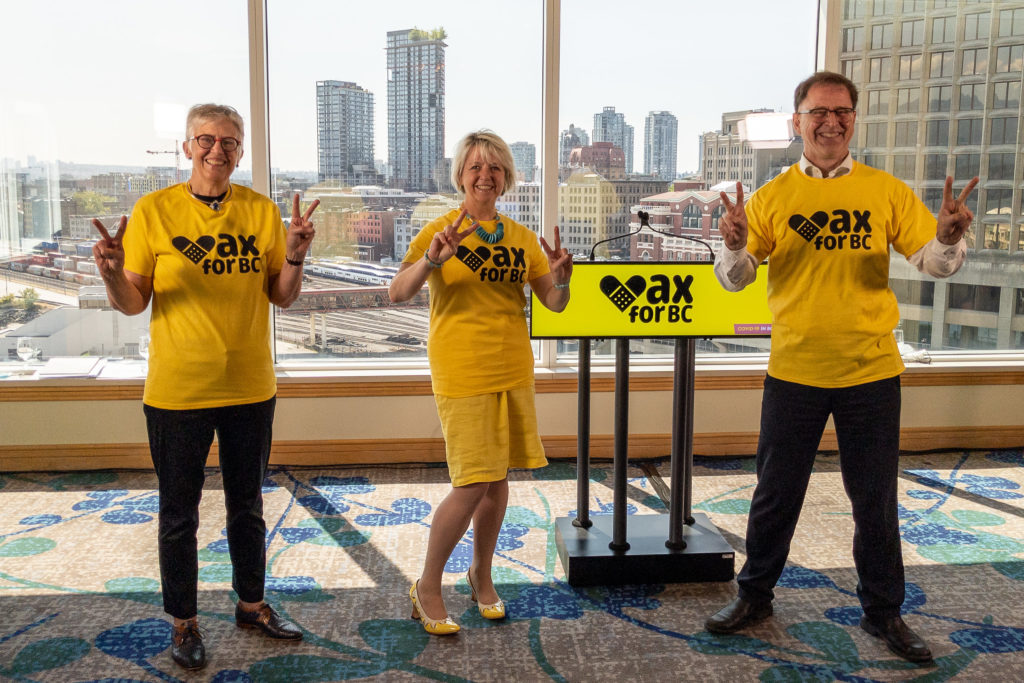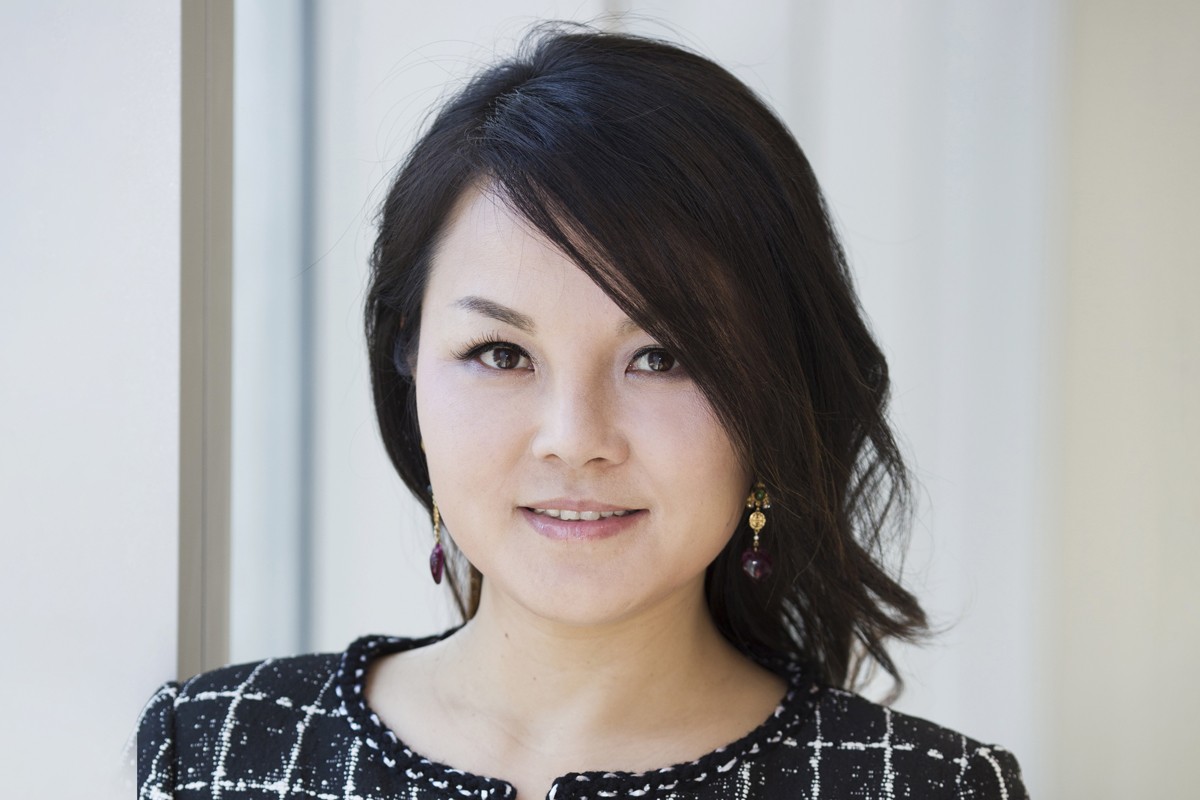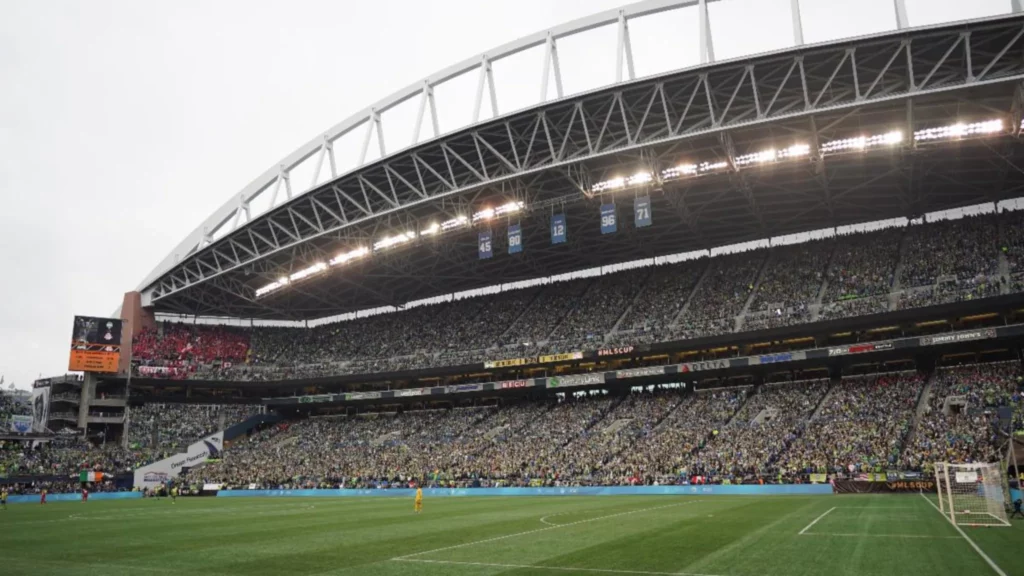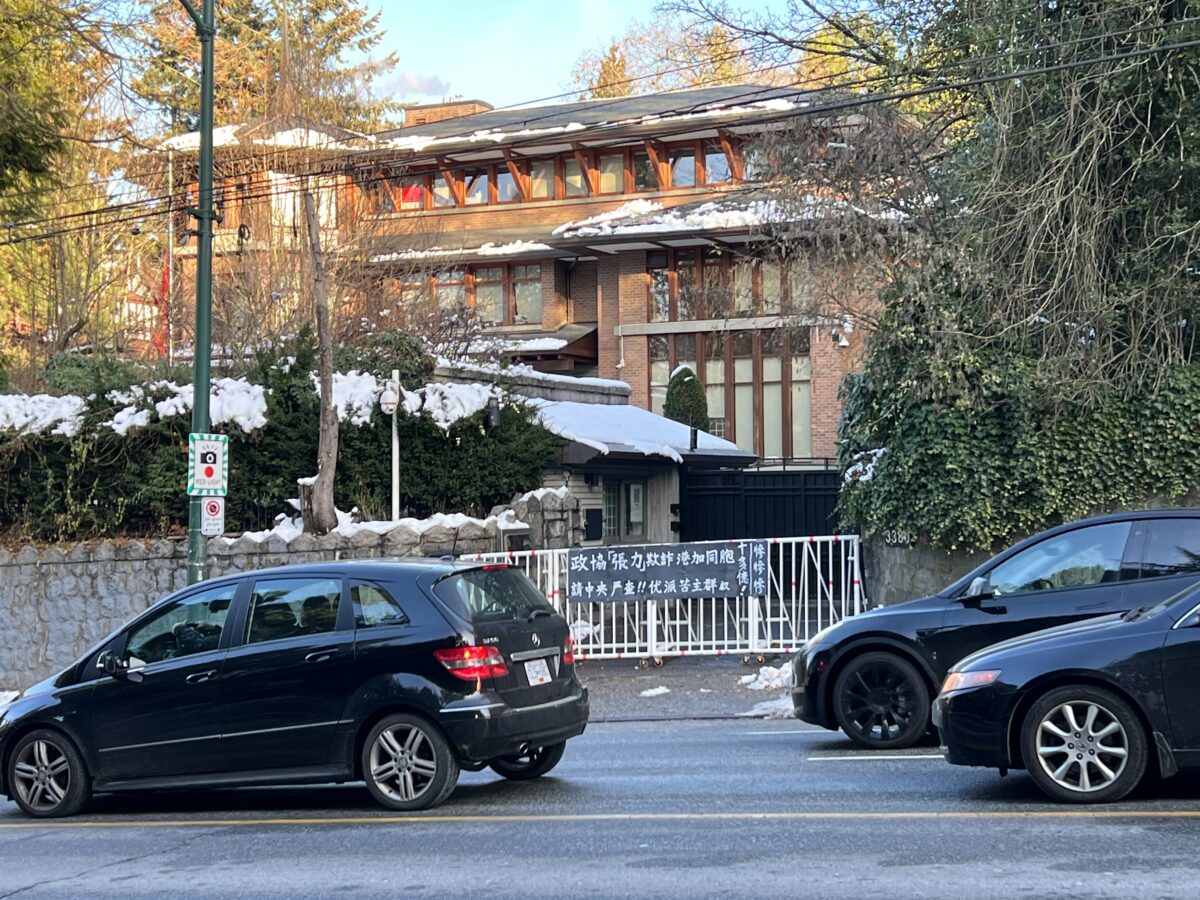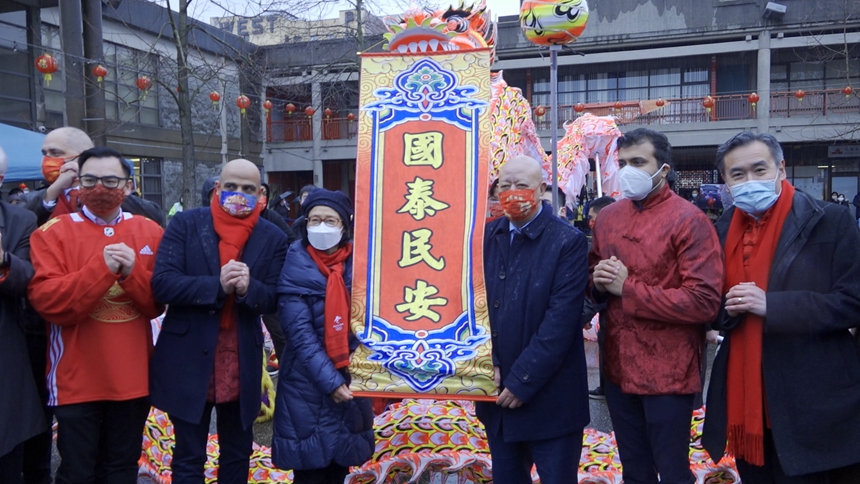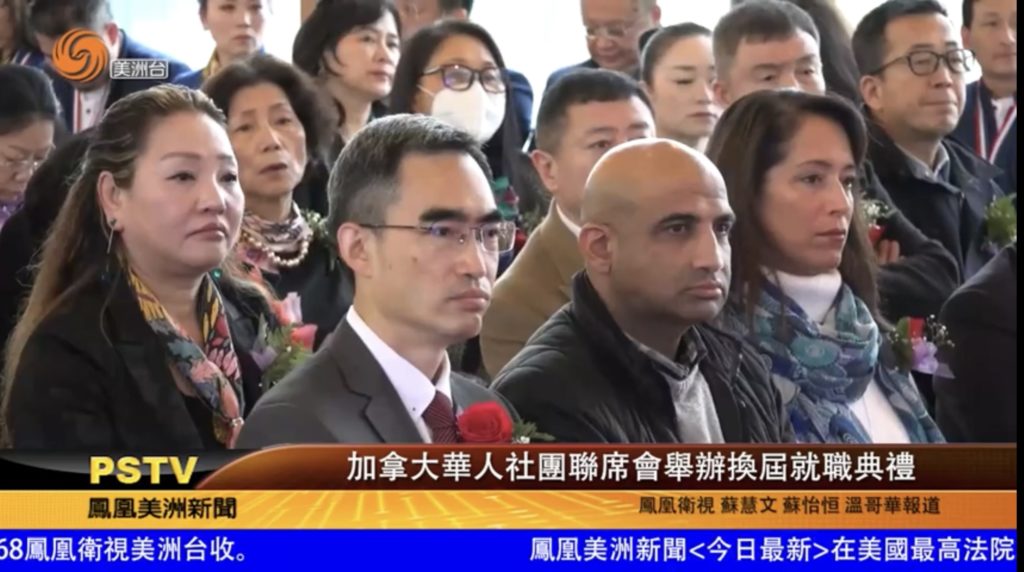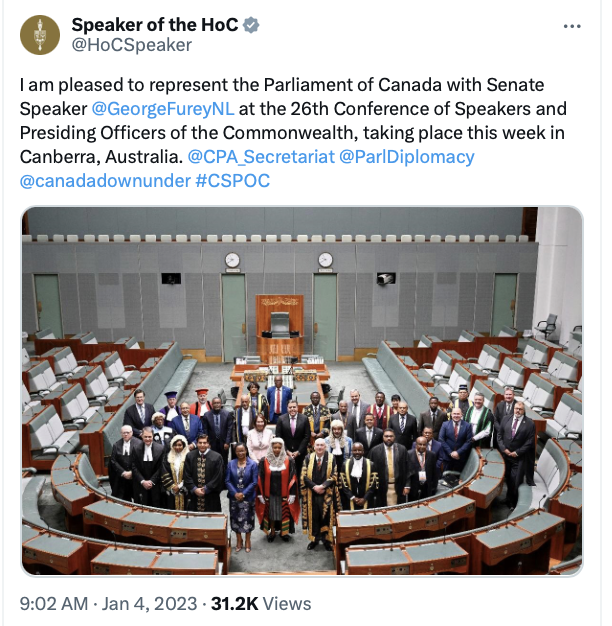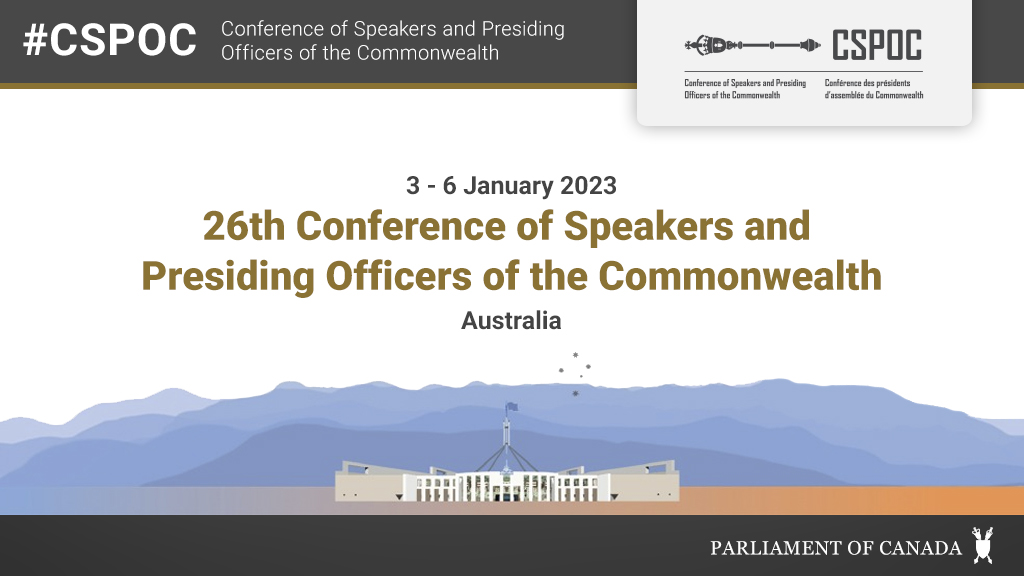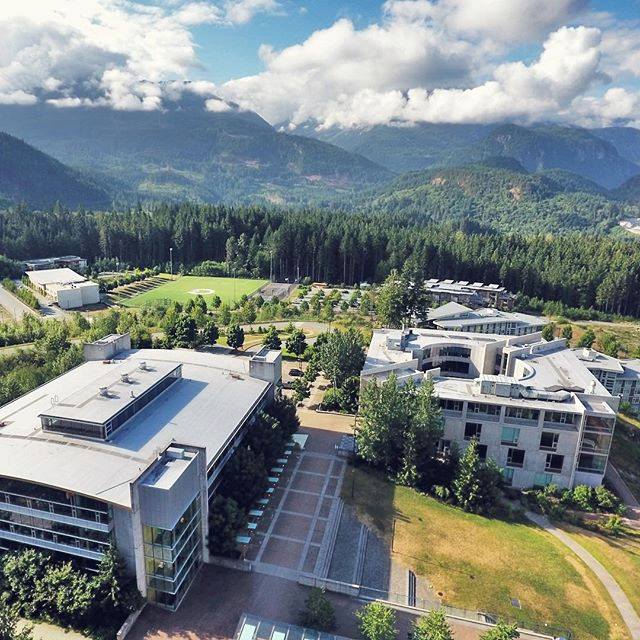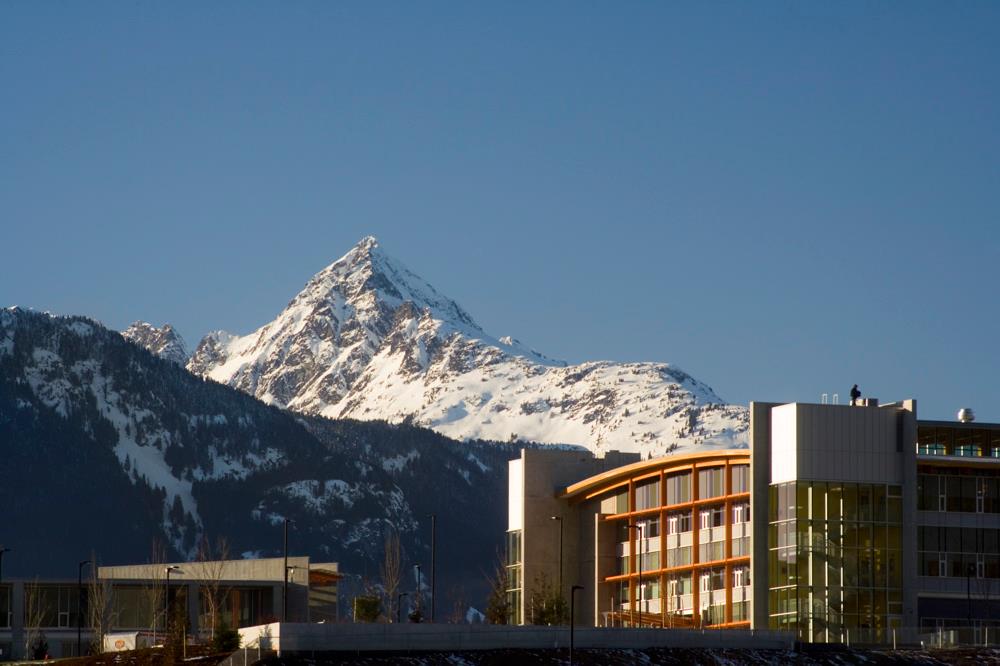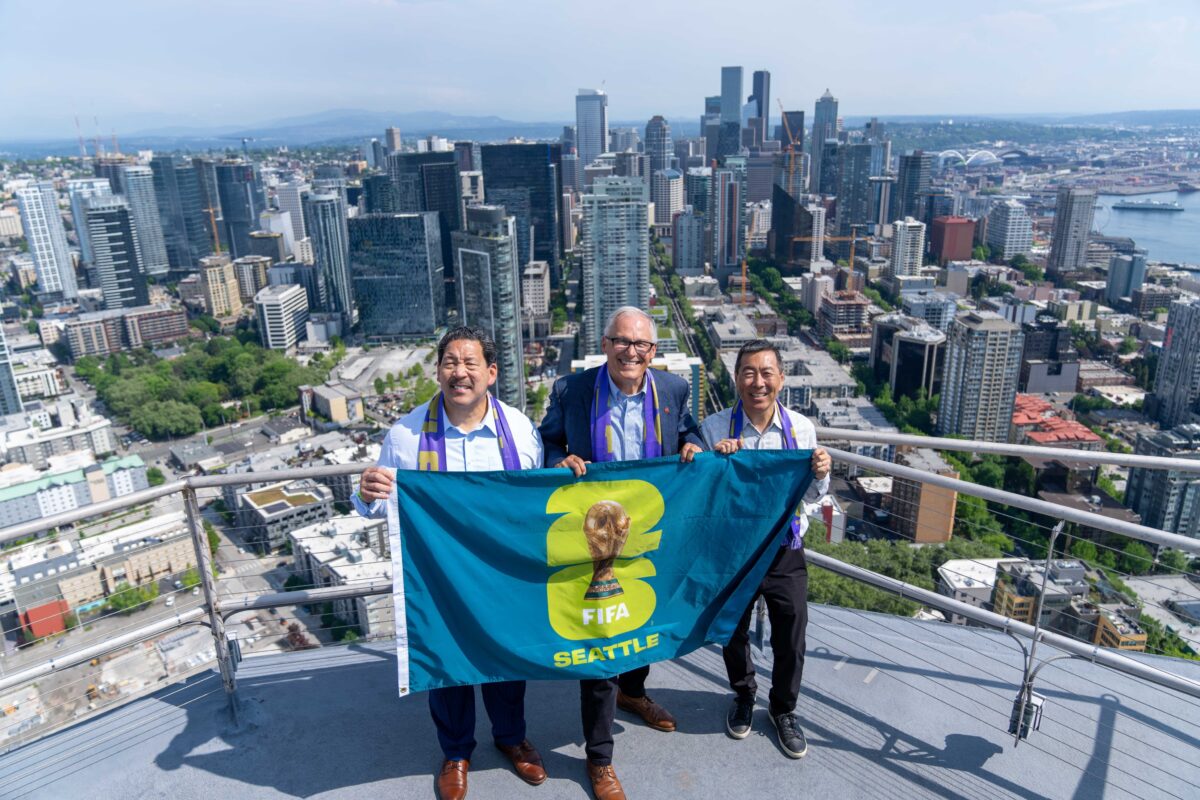Chinese immigration consultant jailed in Shanghai has deep ties to Vancouver
Bob Mackin
A lawyer for an immigration consultant who was arrested last week in Shanghai told a federal court in New York that Linda Mei He resides in Vancouver where two of her companies are based.
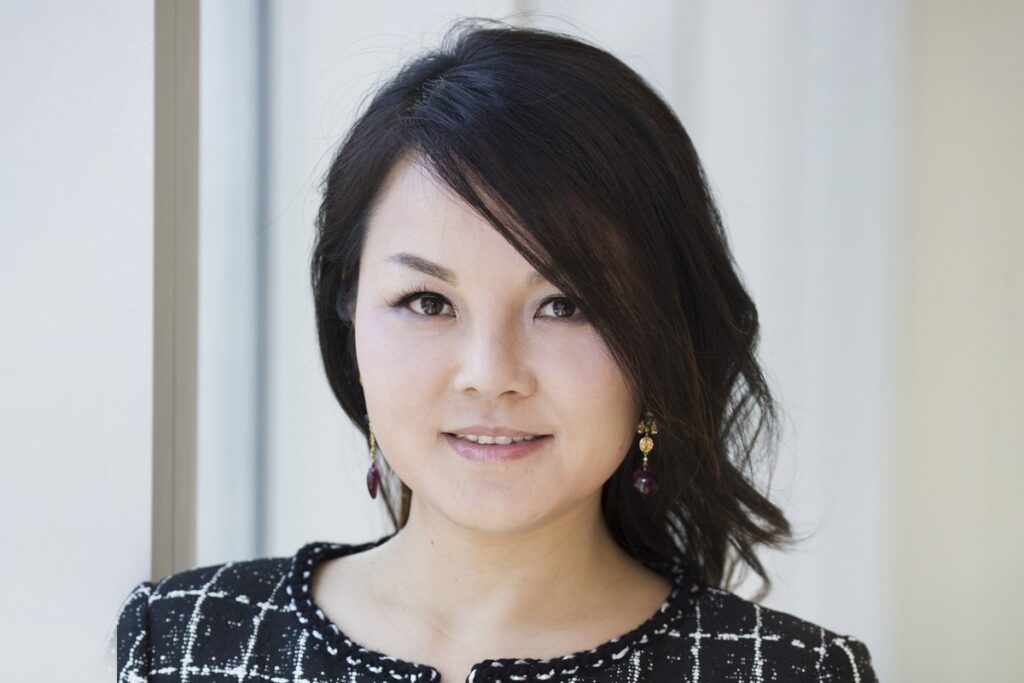
Linda Mei He of the Wailian Group (EY)
He was reportedly detained by Chinese authorities who accuse the 54-year-old of illegal foreign exchange trading involving more than RMB100 million (or $18.6 million in Canadian funds). Chinese language media reports indicate He was among five people arrested, but only two kept in jail. The other is an employee surnamed Sun. At Wailian, He’s assistant is Sun Xiaocui, also known as Carrie Sun.
Wailian Overseas Consulting Group Ltd., the company He chairs, has not responded for comment.
Wailian claims to be one of China’s largest full-service immigration agencies, which helps wealthy immigrant investors move to North America, Australia and Europe, get employment, buy real estate, make investments and find elite private schools for their children. He’s arrest may signal a crackdown on capital outflows under dictator Xi Jinping.
On Saturday, Global Affairs Canada said it was not aware of a Canadian citizen under arrest in Shanghai. On Monday, it said it “has not has not received any requests for consular assistance in relation to a Canadian detained in Shanghai.”
In a March court filing in the Southern District of New York, lawyer Micala Campbell Robinson called her client a “foreign national with a domicile in Vancouver, Canada.”

(Wailian Group)
“WL Global Corp. is a Delaware corporation with a principle place of business in Vancouver, Canada. WeEducation Group Inc. is a Delaware corporation with a principle place of business in Vancouver, Canada. Wailian Overseas Consulting Group Ltd. is a British Virgin Islands corporation with a principle place of business in Shanghai, China,” said the court document.
He and the three companies were sued last November by former WL Global Corp. president Hong Danielle Accettola for wrongful termination and violation of New York state labour laws.
Accettola, who was hired in 2013 and worked at He’s Manhattan office, alleged that she was wrongfully fired in November 2021 in retaliation for complaining to He and internal auditor Shuha Li about Paycheck Protection Program fraud and academic fraud. Accettola also claimed that her personal information continued to be used without her permission.
Accettola’s lawsuit said she objected to He’s abrupt switch of banks, use of the pandemic relief funds for non-eligible categories, and transferring funds between her companies in different jurisdictions. The lawsuit also alleged breaches by other He-owned companies, such as foreign investment sales without a broker-dealer licence through My Visa Services Inc. and foreign worker visa violations through My Job Tank Inc.
In a March defence statement, He denied the claims and countersued Accettola, alleging her former president had committed fraud, breach of fiduciary duty, disloyalty, unjust enrichment and conversion.
None of the allegations has been proven in court.
Accettola is now a real estate agent with Keller Williams New York City. She did not respond for comment.
He and Accettola were both quoted in an April 2015 story by the U.S. edition of Chinese state newspaper China Daily about Wailian’s sponsorship of the Carnegie Hall National Youth Orchestra’s China tour. The story said Wailian helped raise about US$2 billion in capital within the last 10 years for more than 60 immigrant investor projects in the U.S.
“The investment projects Wailian promoted to Chinese investors include work on the Hudson Yards development and the George Washington Bridge in New York, and the University Hospital of Cleveland, Ohio,” China Daily reported.
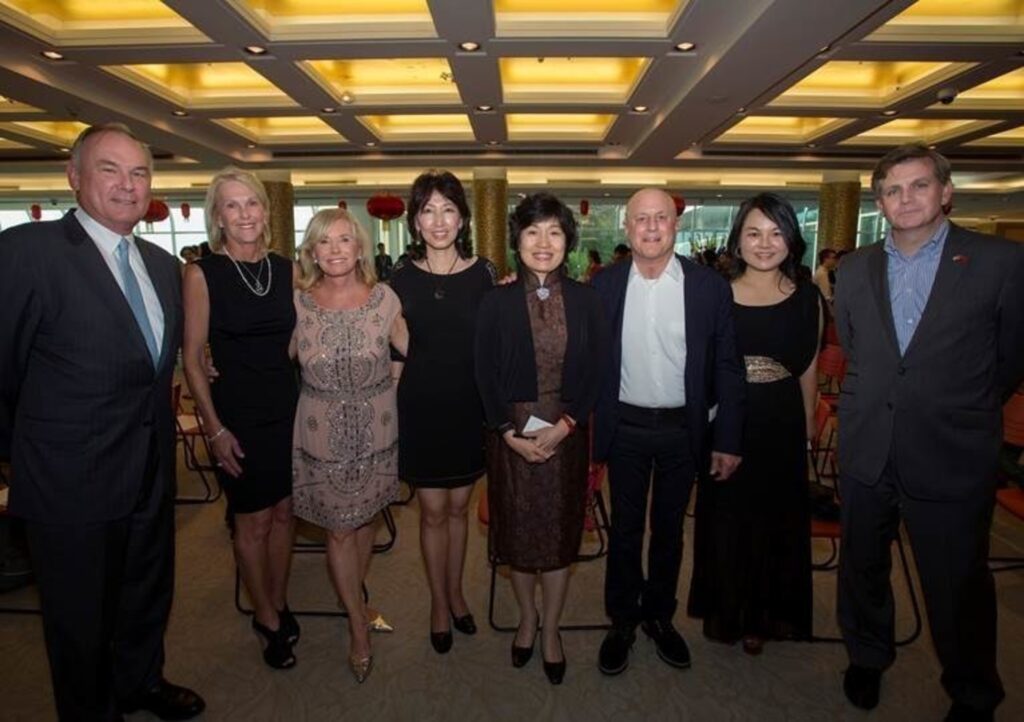
In 2015, Dennis Nally, Chairman, PricewaterhouseCoopers Intl. (left); Karen Nally; Sharon Bush; Danielle Accettola; China’s New York Consulate General, Zhang Qiyue; Ronald Perelman, Chairman of MacAndrews & Forbes and Revlon; Linda Mei He; and Kevin Sheekey, Chairman, Bloomberg Government (WL Group)
The company’s website, translated to English, says Wailian “advocates the lifestyle of ‘immigration without emigration’ and does special research on ‘rapid immigration,’ constantly breaking its own fast record.”
“American customers can pass in two days at the earliest,” Wailian boasts. “With the approval of the Immigration Bureau, Australian customers can be approved by the state government as soon as one day, Canadian customers can land in Vancouver as soon as one month, and European customers can get an investment residence visa as soon as five days without going abroad.”
British Columbia’s corporate registry shows an entry for Wailian Overseas Consulting Group Inc., Wailian Education Group Inc. and Wailian Investment Group Inc. The latter two name Xu Weibiao as a director. A source familiar with Wailian said that Xu, who also uses the English name Sean, is He’s husband. A residential address in Arbutus is listed on the corporate registrations.
The website for Walian’s 2019-opened U.K. office, Wailian Moon Boat Ltd., said its partners and clients include Bank of China, China CITIC Bank, China Construction Bank, University of Oxford and Imperial College London. It said the company employs nearly 450 people in 30 locations around the world in U.S., Canada, U.K., Australia, Singapore, Greece, Portugal, Spain and Hungary.
“Wailian Moon Boat has pioneered its unique closed loop immigration system, providing Chinese families with a comprehensive relocation, citizenship, employment, education, investment, and living package.”
Support theBreaker.news for as low as $2 a month on Patreon. Find out how. Click here.
Bob Mackin A lawyer for an immigration consultant










